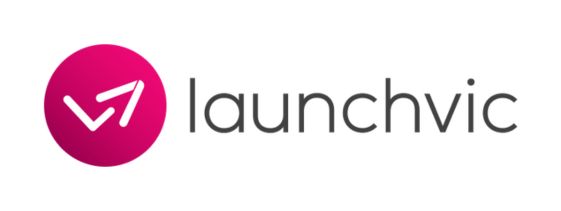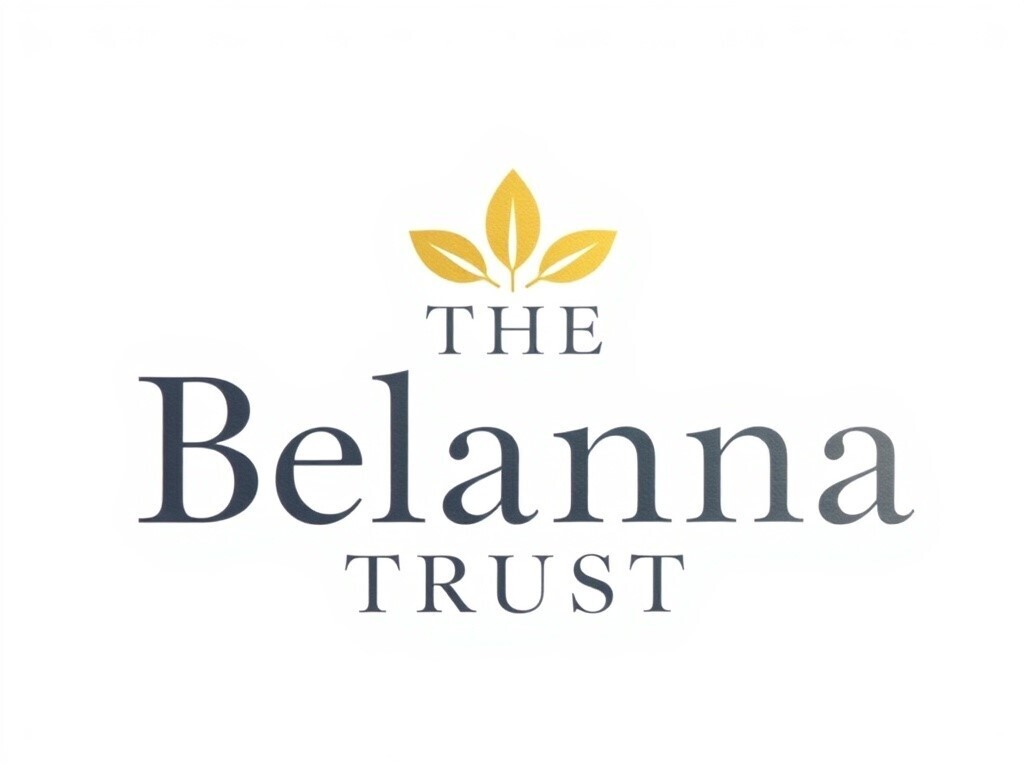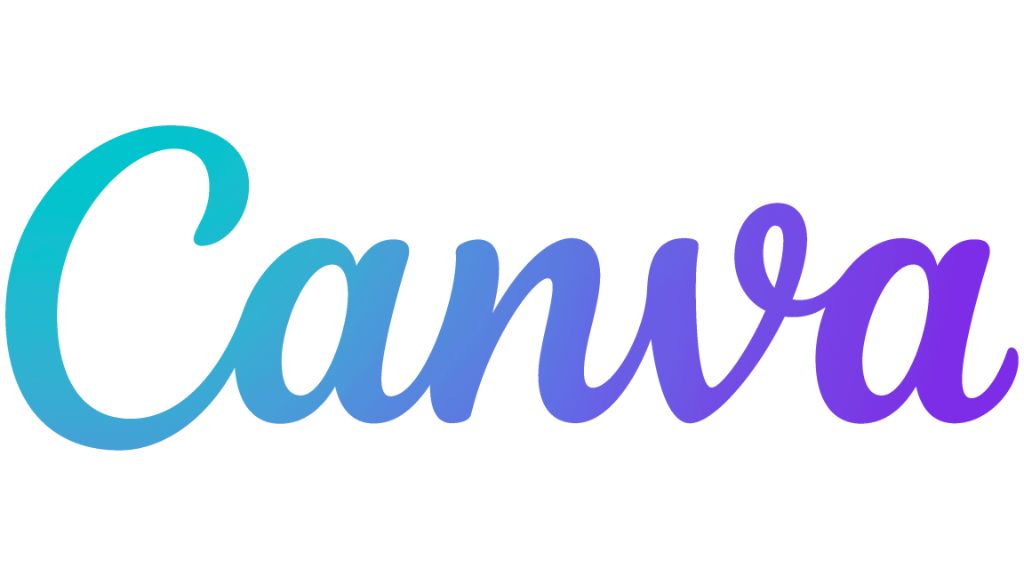Episode Transcript
To access a transcript of this episode click on the drop-down button below.
[00:00:00] Viv
We would like to acknowledge the traditional owners of the lands on which we record this podcast. The Gadigal people. This is their land, never seated, always sacred and pay respects to the elders past, present, and emerging of this place. Coming up on Remarkable Insights.
[00:00:17] Vint:
Yeah, there is an internet in your future. Resistance is futile.
[00:00:22] Viv:
If you’re listening to today’s episode on December 3rd, then Happy International Day of People with Disability, and welcome to the final episode of Season two of the Remarkable Insights Podcast. Today we’re excited to share part two of our chat with Vint Cerf. To start off, I’d love to know what does International Day of people with disability mean to you?
[00:00:40] Vint:
Two things occur to me. One of them is that we should be accommodating people with disabilities because there’s no reason why they shouldn’t have equitable access to all of the Internet’s capabilities. But the second thing I would want to emphasize on that day is that assisting someone with a disability doesn’t just help that person. It helps everyone that’s interacting with that person. And so if you get done doing the math, pretty much everybody in the world is benefited by any kind of accommodation because almost everyone knows someone with a disability and anything that makes them more able to work with the online environment is better for everyone, including the person with a disability, but also everyone who interacts with that person.
[00:01:32] Viv:
Yeah, it’s so powerful. And it wasn’t until you, I believe you went into your senior sort of roles within your career that you started to feel more comfortable talking and advocating about your lived experience with hearing loss. I would love to dive into that and understand that journey of how you began to feel more confident and why you needed that to be later in your career.
[00:01:56] Vint:
First of all for a while hearing aids were unusual. People didn’t have them, or the cohort that I worked with, I was the only guy with a hearing aid. There were awkward moments like, you have to change the battery, so what do you do while you’re changing the battery? And so I would concoct a little spiel to keep other people from talking while I was changing the battery, because I knew I couldn’t hear them. And then after a while I realized this is stupid to try to hide this. I’d rather have people know that I can’t hear, as opposed to thinking I’m stupid. So I got more and more comfortable by saying, look, I got hearing aids and if I may not I’d hear you if you’re behind me, or you should get my attention so I can see you and that you’re talking. So I got more comfortable with that personally, and then I got more comfortable telling other people, you know what, you should just get more comfortable telling people how to work with you, and the first question out of your mouth. Should be, how can I work with you best? How can I best facilitate our interactions and conversations? And you’ll find, I think that as long as you’re open and transparent about this, that other people will feel comfortable saying what they need as well. So I think over time I’ve become an advocate for transparency and openness, even though I do understand that. For some people, there’s a worry that if you disclose a disability of some kind, people will think you’re not really capable of being a hundred percent. We probably shouldn’t ask you to do anything too hard. Or you get the pity shtick, which you don’t want, aren’t interested in. But I’ve become a big fan of transparency because I think it aids much better interaction.
[00:03:42] Viv
And I know that Google does a really great job at promoting the work they’re doing in the DEI space and accessibility within the actual products that they offer. How does that feel for you to work with a company that is making so much noise in the space of accessibility and really driving that forward?
[00:03:59] Vint:
It has been a long journey. I’ve been with the company almost 18 years now, and it’s only in the last five or so years have we seen a real focus of attention on inclusiveness in designing and building systems that are accommodating. We even have a central team now, plus people that are scattered around in our product areas that are focused on that. It used to be a very small team. Now it’s a much bigger team. It still has a lot of work to do. And we have a lot of people to train. So one of the things that I like is that when people join the company and they’re going to do software development, we run them through some programs to expose them to the user interface question and want to remind them that that there are things they should consider when they’re doing the design so that it can be adapted to a person with color vision problems or just vision problems or maybe hearing problems or motor problems or even cognitive problems. We should be imagining how do I make this work for everybody?
[00:05:02] Viv:
And it’s such an interesting point. Working in this space and being, I call myself a Remarkable enthusiast. I just love learning about the space and I’ve been on my own journey of learning later in life that I have Autism and ADHD and coming to terms with my own sort of journey and how technology has benefited me in different ways, but also just how accessibility is this huge spectrum. That is ever- evolving and I don’t think you’ll ever perfect it, but I don’t think that’s the goal. I think the goal is to constantly be learning and being aware that you’re gonna have to keep improving. But I also get baffled why people aren’t as excited or enthusiastic about this space, especially in the tech space, and that we have to even make noise about accessibility. From your perspective, what do you think is stopping that, that sort of universal enthusiasm or awareness for why this is so important?
[00:05:57] Vint:
First of all, it’s hard work and if you don’t have an intuition about what you should do in order to make something adaptably accessible, then it’s kinda like a giant barrier. It’s having writer’s block where you’re trying to figure out how to say something and you can’t, the words don’t come out. We need several things to happen. We need for people who are designing and building these user interfaces. To get more exposure to what makes a good interface, what makes a bad one? The thing I’m dying to see are catalogs of examples of lousy interfaces and what you have to do to make them better and concrete Examples are great ways for people to ingest and learn what makes a good user interface. So you want not only to show them the difference, but explain to them. Why this other one is better? What is it that it enabled? The second thing that would be wonderfully attractive if we could figure out how to do it, would be a kind of user interface that learns from the user what it is the user needs. We need for an easy way for the user to either say or show what the user needs to make things more accessible. But we want the system to learn about methods that will make the systems more accessible so that after a while, The system begins to figure out for itself what it should do to make the interfaces work. Now, one of my colleagues, not here at Google, but elsewhere is Gregg Vanderheiden, been in this game for 30 years. He had a project called Raise the Floor, which basically says let’s make sure that the floor reaches everybody’s needs for accessible communication. He has this very clever idea. He said, why don’t you figure out a way for a person to explain to an operating system how it should configure itself to be maximally accessible for you, and then take that information and put that somewhere where it’s remotely accessible through the net. So if this particular user goes to anybody’s laptop or desktop, And is able to connect to the place that has its configuration information. They can download whatever is needed for your, any particular operating system. So it’s configured for his or her preferred interface. And so this idea of being able to essentially automatically configure a computer to meet your requirements, your access requirements is a very interesting idea. There’s all kinds of standardization that has to be done in order to achieve that objective, but it’d be really cool if you could do it.
[00:08:42] Viv:
That would be the coolest. It gets my vote. The tagline of this podcast is ‘ exploring how disability drives innovation’. What does that concept mean to you?
[00:08:53] Vint:
Oh this is actually a really easy question to answer. Imagine if you have a disability that you confront every single day, overcoming that disability. And so some of the most creative people in the world are people with disabilities, because every single day they have to go figure out, how do I do that? How do I solve this problem? Which is why I really love the idea of hiring people with disabilities because they’re really good at thinking their way through innovative ways to solve problems. I think we need to give people with disabilities more tools to help solve the problem. And we need to educate the general public and our businesses that almost everyone in the company will suffer a disability, even if it’s only temporarily, whether it’s a broken arm or a hand, or a broken leg or some other, stuffed up nose, you can’t hear all of those. Temporary disabilities will benefit from software and hardware that addresses the problem. And of course, then there are people with chronic conditions like mine. I’m chronically deaf. And having a solution to that in the form of hearing aids or special headsets or other kinds of things is very much appreciated.
[00:10:06] Viv:
This might give you an opportunity to restate what you’ve said previously, but at the end of these episodes, we’d like to invite guests to leave the listeners with a Remarkable Insight. So a piece of advice or something to think about moving forward. Is there anything you would like to share?
[00:10:24] Vint:
Yeah, there’s an internet in your future, resistance is futile.
[00:10:31] Viv:
I like it. I suppose if you’re gonna share one that’s specifically about disability tech?
[00:10:39] Vint:
What I would say to our listeners is that those of you with disabilities, please don’t be shy about being clear about what we could do to make the internet more accessible or its applications more accessible. And for people who are making those applications, please don’t forget your friends with disabilities. Make your applications accessible because you’ll benefit them and everyone who interacts with them.
[00:11:07] Viv:
Vint Cerf, thank you so much for coming on, and I’m so grateful that we got to chat.
[00:11:13] Vint:
Thank you very much and thank you for the opportunity. I really appreciate it. It’s an important topic and it’s one that deserves the attention that you’re giving it.
[00:11:21] Viv:
That is it for season two of Remarkable Insights. If you enjoyed this season, I reckon you could listen to it again, you could share with a friend or watch some of our videos on our Instagram. If any of the stories connected with you connect with us. You can follow us on our socials or head to our website and send us an email. Everything is in the show notes below, and that’s it until fingers crossed, season three of Remarkable Insights.
Episode Overview
Meet our Guest
Video Highlights
Check out some of the highlights of this episode of the Remarkable Insights podcast, now featured in our captioned video reel!
Key Quotes
Below are some of the key quotes that capture the essence of our discussion:













